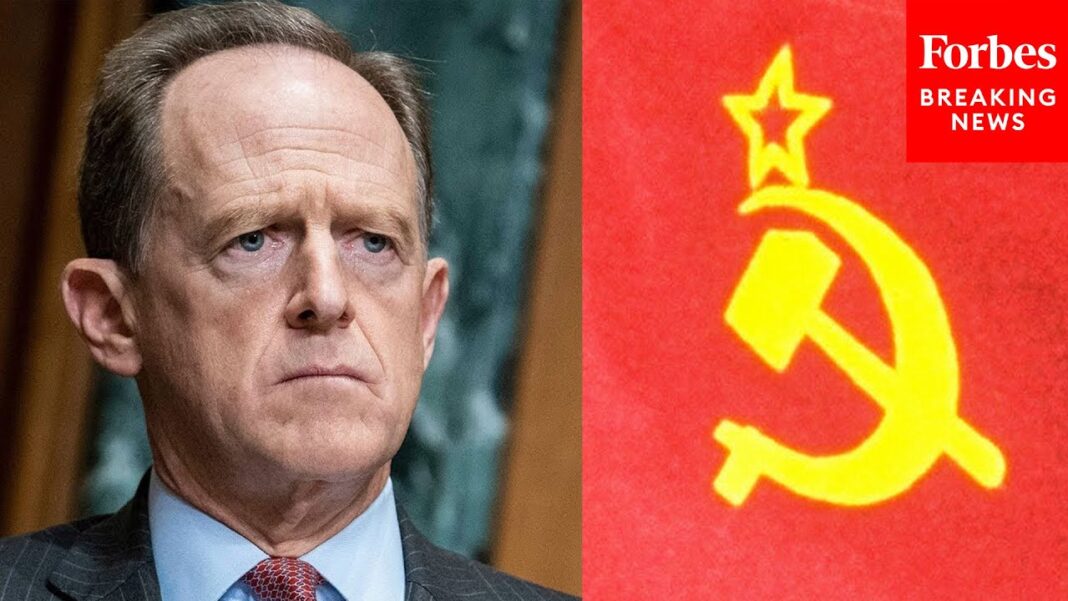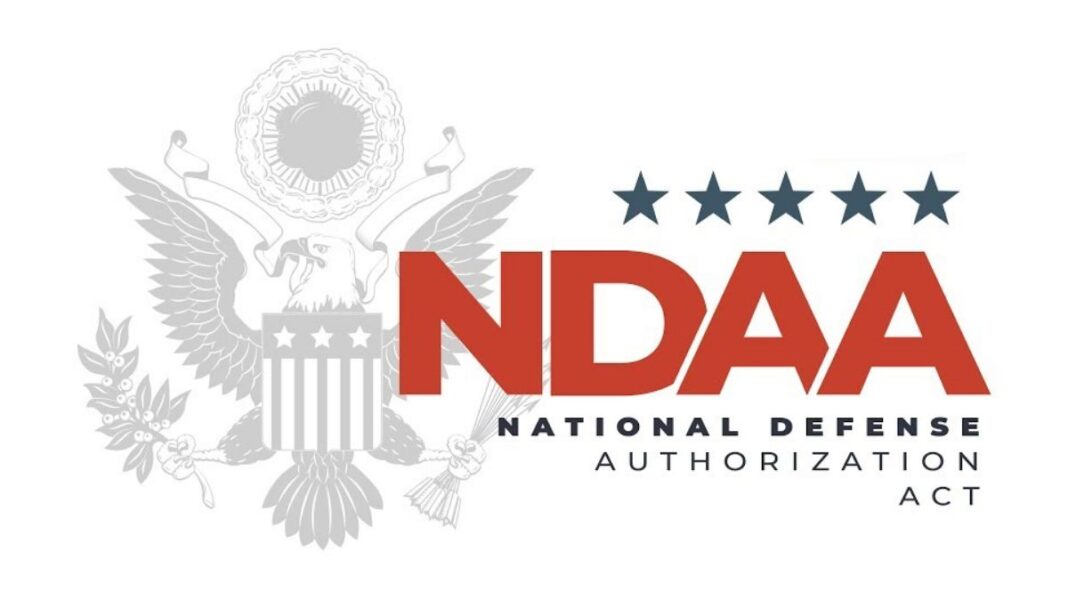The growing crisis over the Chinese regime’s threats against Taiwan requires the United States to recognize that Beijing may move against Taipei in the immediate term.
U.S. decision makers consistently have mischaracterized or misperceived China’s strategic timeline—believing it to be a long-term strategic timeline, one that will be realized over many decades and generations. This is due to two causes.
First, there is a common misunderstanding and misinterpretation of classical Chinese strategic texts as decision makers likely possess only a passing acquaintance with the Chinese strategic canon. Of greatest familiarity is Sun Tzu’s often paraphrased observation that to win without fighting is the acme of strategy. In fact, that text, and the others that comprise China’s corpus of the strategic thought, advocate for an immediacy of action that is far from supine or insouciant—allowing events to develop—or artfully maneuver your opponent to his downfall.
Second, the conception of passivity and Methuselah-like temporal perspective is advanced by Beijing’s leadership to Washington and other leaders to promote threat deflation, and thus prevent an effective response to arrest or prevent its expanding power or a rapid move against Taiwan. The image, well cultivated by Chinese Communist Party’s (CCP) leadership since Deng Xiaoping, is of a passive China that possesses a purportedly long-term strategic timeline. As current Party leader Xi Jinping has stated, the CCP’s goals will be realized by 2049—the centenary of the communist revolution. This image of China implies that immediate, comprehensive, and sustained action is not necessary to balance its growing power. Indeed, for this perspective, as Beijing is waiting in the wings with no immediate influence on global politics or existential danger to U.S. national security in the Indo-Pacific, there will be enough time in the future to address the threat posed by its inexorably growing strength.
This approach resulted in two tremendous successes for the CCP leadership. First, U.S. national security decision makers failed to prevent China’s rise when it might have been aborted in the wake of the Tiananmen Square massacre and in the first half of the 1990s. Second, they failed to slow China’s economic growth over the last decades when U.S. and Western capital, knowledge, and manufacturing flowed into China, and Chinese researchers were welcomed into Western businesses, laboratories, and universities.
Rather than confronting the greatest challenge to American power, U.S. defense decision makers are now faced with the dispositive strategic question of the 21st century: Will China or the Western liberal order dominate? Quite possibly, the CCP may achieve an even greater victory if the United States fails to win this struggle. The root of such a failure would be grounded in false assumptions regarding time.
The United States must possess an accurate understanding of China’s short strategic timeline for five reasons. First, to ensure the liberal order is sustained. Regrettably, rather than confronting the issue of China’s rise, lesser U.S. strategic problems, for example, in Southwest Asia, became elevated in importance for U.S. decision makers. In turn, this had a distortive effect on an accurate perception of great power threats and existential threats to U.S. security and position in the world. What flowered from this misperception is the poisonous and dangerous conception that China will wait to achieve its objectives. When the empirical record of China’s behavior is examined, the regime behaves in accord with an immediate and truncated strategic timeline. CCP leaders have been experts at deceiving U.S. national security leadership for decades. U.S. misperceptions must be corrected now.
The second reason the Chinese regime’s conception of its strategic timeline is centrally important to understand is that it is not willing to allow events to develop in their own course, that is, allowing the propensity of events to develop. The Chinese will be more willing to force changes in the status quo, from territorial disputes in the South China Sea, to economic matters, to military conflict such as over Taiwan. Thus, identifying and understanding that the regime possesses a short strategic timeline is critical for the United States, and offers the United States an understanding of how the Chinese may act against U.S. interests in a period of intense security competition.
Third, this accurate understanding of the regime’s timeline compels the recognition that the Chinese will act to force change in the present international order. For the United States, the Chinese strategic timeline must be understood to promote the interests of the United States in the Indo-Pacific and globally. This includes laboring to deter likely aggression from China, and relatedly to deterrence, anticipate and prepare for conflict with China so long as the CCP is in control.
Fourth, if provided with windows of opportunity, the Chinese regime will exploit them. Thus, U.S. decision makers must be cognizant of political and military changes that will provide an opportunity from the perspective of the Chinese. The focus of the United States on the Middle East in recent decades has had a high opportunity cost in the confrontation with China, and provided Beijing with a window of opportunity to continue its rise and expand in the South China Sea without balancing from the United States.
Fifth, as the CCP under Xi possesses a truncated strategic timeline, the United States should expect that Beijing will act to advance its strategic objectives immediately, consistently, and with determination. An assumption that the United States will not have to confront the Chinese regime until the mid-2020s, or even in the subsequent decade, or longer, is profoundly mistaken. The confrontation is present now, Taiwan is an acute example, and should be expected only to intensify. The time for the United States and its allies to act is now.
Read Original Article on TheEpochTimes.com
Bradley Thayer, columnist for the Epoch Times, talks about the narrowing window the West has to deal with the threat of China before the Xi Jinping regime makes its move against Taiwan. His latest article above deals with this topic.
“In perspective, we can be talking about weeks, we can be talking about months, we can be talking about a year in terms of Chinese action. … We need to recognize that the Chinese are already applying coercion against Taiwan, and we should certainly expect that very soon — like weeks, months, a year, — those coercive measures are going to tighten as they try to strangle Taiwan. That may be measures short of invasion … but we need to recognize that they are going to move precipitously.”









